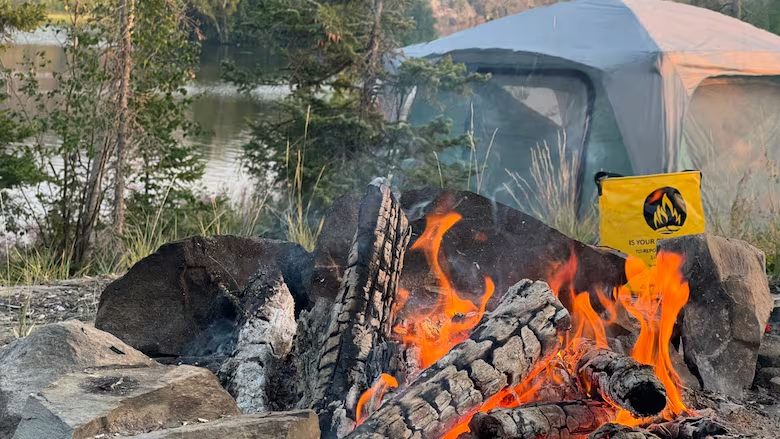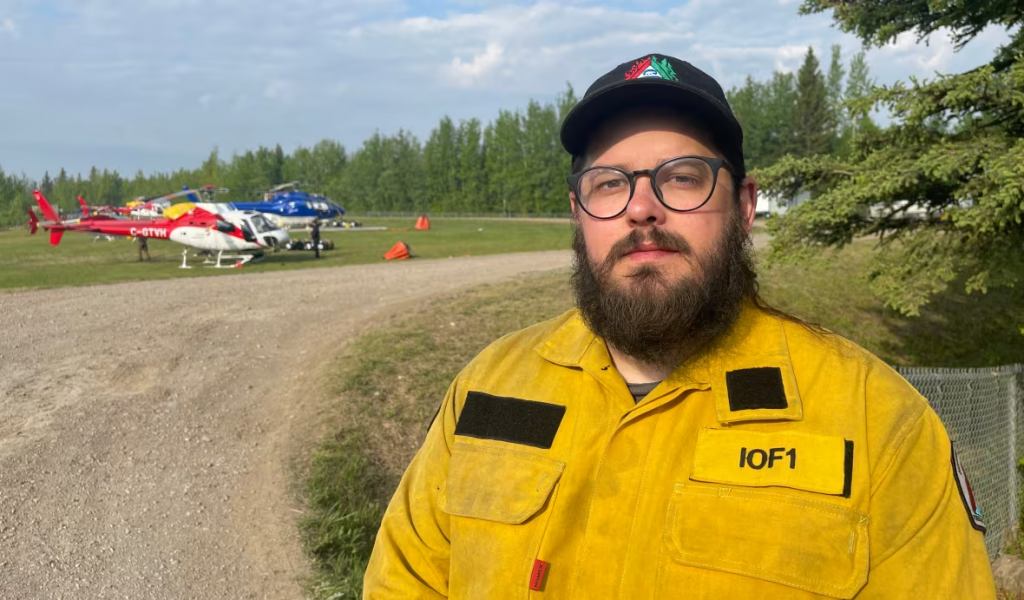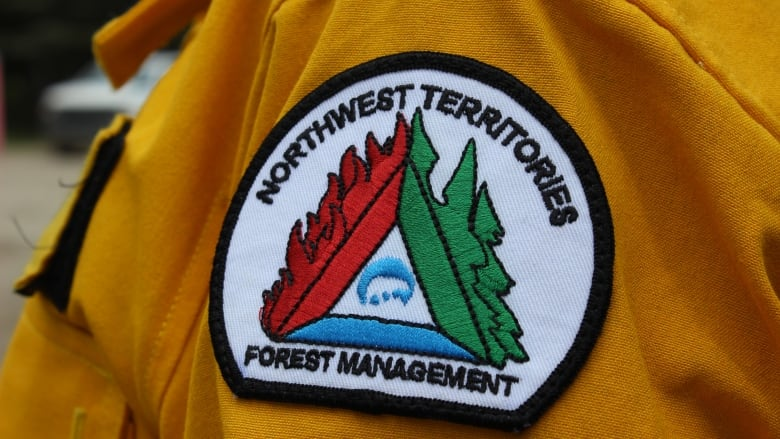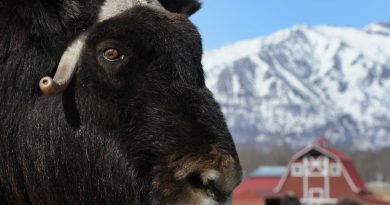Why are so few people charged for causing wildfires in the N.W.T.?

N.W.T. comes 2nd to Yukon for lowest rate of person-caused fires according to Canada-wide data
N.W.T. Fire says it hasn’t laid any charges for fire-related offences in this year or in 2024.
The territory’s forest management agency said it’s focused on educating people instead of charging them in part because the rate of human-caused wildfires in the territory is comparatively low to other jurisdictions.
Human-caused wildfires are those started by anything other than lightning — including campfires, vehicles, industrial activity, fireworks, cigarette butts and arson. If a person directly caused the fire or something by humans did, it’s considered human-caused.
Fifteen per cent of the N.W.T.’s wildfires were human-caused in 2024 according to data from the Canadian Interagency Forest Fire Centre. The territory comes second to Yukon for having the lowest percentage of person-caused fires in Canada. Nunavut isn’t accounted for.
Meanwhile, around 50 per cent of wildfires were human-caused that year in Ontario, Quebec, Alberta, Saskatchewan and Newfoundland and Labrador. In the other Atlantic provinces, the percentage nears or hits 100.

Mike Westwick, the territory’s wildfire prevention and mitigation manager, said focusing on education is “broadly a policy” within the Department of Environment and Climate Change.
“You don’t want to be reactive in terms of just using enforcement as your tool. You want to educate people so that those situations don’t occur to begin with,” he said. “You need to be education-first when it comes to prevention.”
He also said it makes sense that the N.W.T. has lower rates of person-caused wildfires — because it has less human activity.
“If you have a ton of person-caused fires in your jurisdiction then you’d, you know, be likely to see more enforcement action taken.”
Charge laid in 2023 for breaking fire ban
On top of education, however, Westwick says enforcement — laying charges — is still an important piece of the puzzle.
“There are investigations open into fires. Investigations do take time. They can be relatively complex. So it’s not that, you know, there’s not action being taken on that front.”
Westwick said RCMP took over an investigation into a fire in Fort Good Hope in 2024. RCMP told CBC News it closed the case in June this year because, after a thorough investigation, no witnesses or suspects were identified and no grounds were found to lay charges.

RCMP said they also charged two people under the Forest Protection Act for setting off fireworks in their backyard in Fort Smith during a fire ban. Charges against one person were later dropped, said police, but the other individual was convicted.
What are the tools?
Different levels of government use different pieces of legislation to restrict fires — also commonly referred to as fire bans — and each piece of legislation comes with its own set of penalties.
For example, N.W.T. Fire can order fire restrictions under the Forest Protection Act. A forest officer, renewable resource officer or RCMP officer can enforce that order by investigating an offence, laying charges, issuing warnings or providing education.
The Forest Protection Act says a person can be fined up to $1,000 and/or jailed for up to 30 days for violating restrictions. It also gives the territorial government the power to pursue cost recovery in court — which means a person found guilty of violating the act could have to pay whatever it cost the territory to put out the fire.
In a territorial park, meanwhile, the power to impose fire restrictions comes from the Territorial Parks Act. A person violating those restrictions can be fined up to $500 or jailed for up to 30 days for a first offence, and fined up to $1,000 or jailed for up to six months for subsequent offences.
When a municipality invokes a fire ban — it does so under a bylaw. In the City of Yellowknife, breaking a fire ban could lead to a $200 fine.
The Forest Protection Act is also what makes it an offence to abandon a campfire under any circumstances — with or without a fire ban — and it carries the same penalty as breaking a fire ban under the act.
The act is set to be replaced by another, newer, piece of legislation called the Forest Act which carries steeper penalties. Regulations are in development, and Westwick said the new act is expected to come into force during the current assembly which will last another two years.
‘Pretty darn good’
Westwick said the rate of person-caused fires in the N.W.T. is still a problem.
“Always want to do better, always will invest in doing better,” he said.
But, he added, “you’re never going to get to a place where … you’re living in a perfect society where nobody makes mistakes.”
And, he said, the percentage of person-caused fires so far this year is even lower than in 2024 — sitting at 11 per cent.
“It’s pretty darn good.”
Related stories from around the North:
Canada: Surge in boreal wildfires may—surprisingly—slow Arctic warming: study, CBC News
Finland: Wildfires continue to burn across Lapland, Yle News
Norway: Smoke from Canadian wildfires forecast to reach Norway, The Associated Press
Russia: New NOAA report finds vast Siberian wildfires linked to Arctic warming, The Associated Press
Sweden: High risk of wildfires in many parts of Sweden, including North, Radio Sweden
United States: Wildfires in Anchorage? Climate change sparks disaster fears, The Associated Press



